What is an unsecured loan?
This type of loan is an agreement between the lender and a borrower that is not secured against property, which allows you to borrow from £3,000 to £25,000. It’s different to a secured loan, which you might take out against your property or car.
With unsecured borrowing, your chosen lender will approve the loan, which you pay back with interest over an agreed time period.
Unsecured borrowing can mean higher rates because the lender feels there is a higher risk without using property as a guarantee. However, it can be a useful and efficient option if you do not have property to secure your borrowing against, and can be quicker to arrange.
If you can’t keep up with repayments, the borrower can’t claim against your home or car. Instead, the lender could take you to court, where you may be liable to a County Court Judgement (CCJ) or debt collection. Before you borrow, you may want to plan out a monthly budget which includes your repayments to reduce the chances of this happening.




